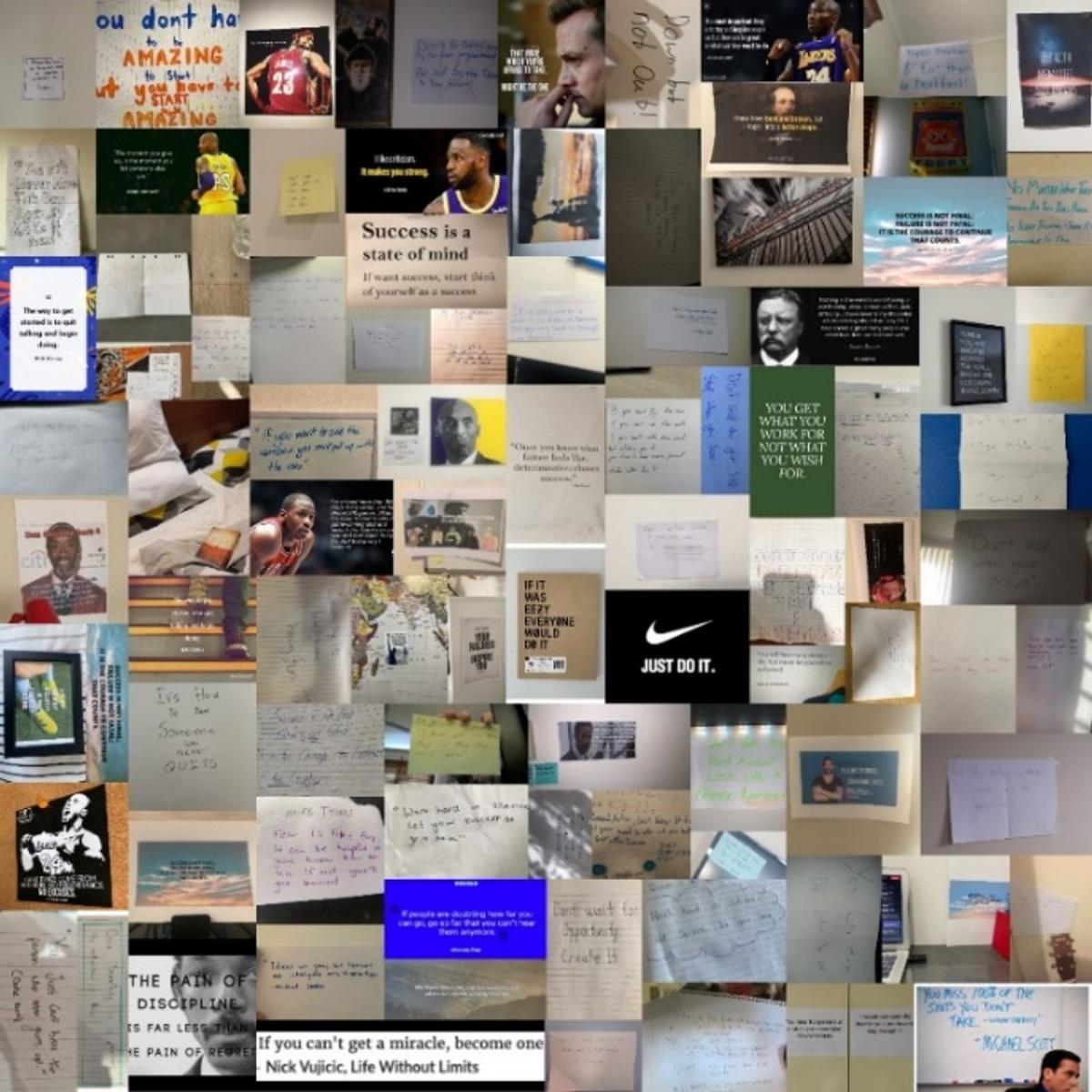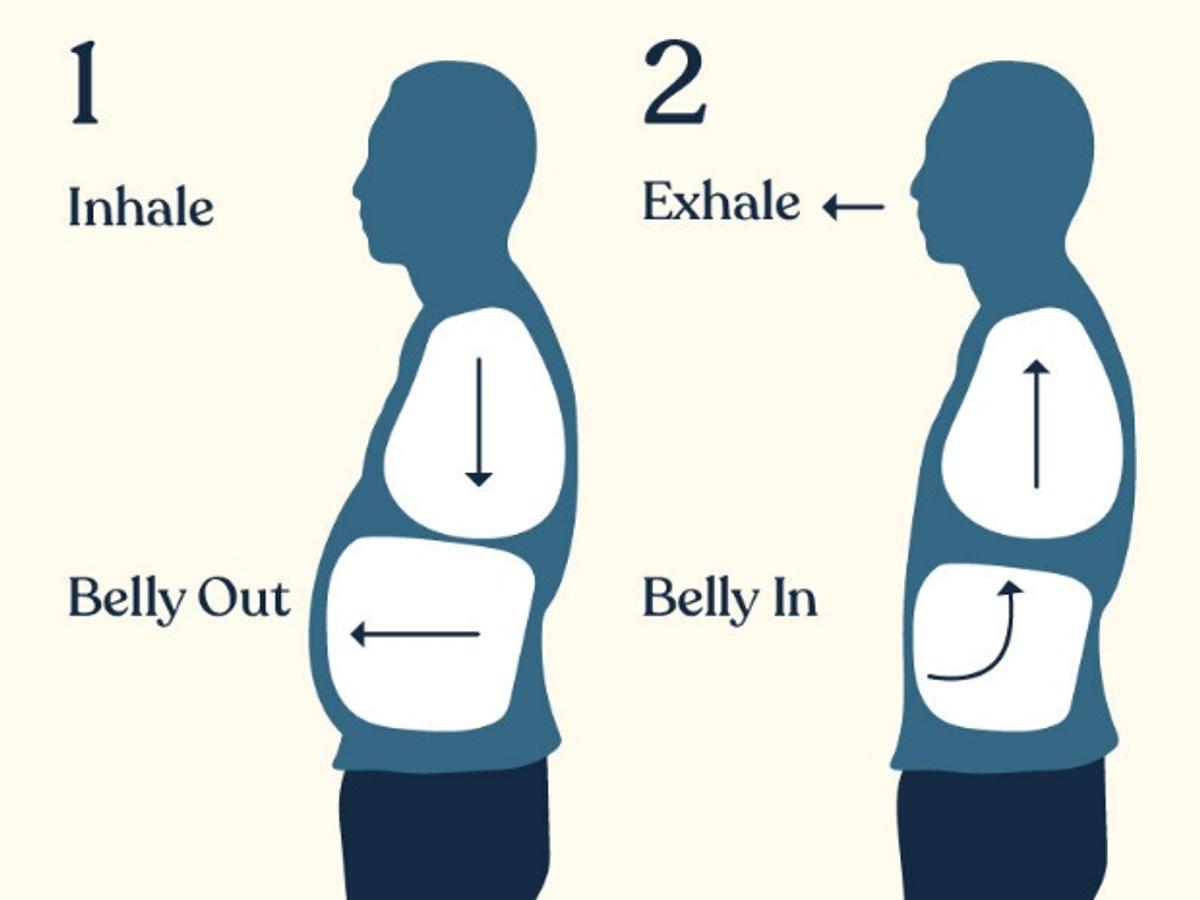Wellbeing

Cohort Initiatives
In recent weeks, the Senior School Year Coordinators have been running initiatives and competitions as a way of trying to keep the boys in the respective cohorts feeling a sense of connection with each other. Winning students in each cohort will receive a gift voucher in recognition of their achievements. Below is a summary:
Year 7 | Mrs Warsop has organised a remote Re-Creation Photo competition where students were encouraged to choose a landmark, movie or TV scene, artwork, or photo and re-create it at home. Year 7 teachers have also been invited to nominate a ‘Student of Term 3’ for a special award at the last PCP for the term.
|
Year 8 | Mr Milheiro has organised a stay-at-home haircut competition. The judges are looking for the best parent/carer/sibling given haircut. With mullets and fades included, there are sure to be some absolute specials! [word on the street is that a trip to the barber shop on Rochester Street is on the cards for the winning student/s when on-site learning resumes].
|
Year 9 | Mr Herro has created a 'Lockdown Bingo’ challenge where, in the spirit of the traditional ‘Housie’ and recent major sporting events, students can undertake different tasks (away from their screen and/or encouraging connections) to earn points for the Year 9 Olympics.
|
Year 10 | Ms Fisicaro challenged students to either create or find their favourite motivational quote to help encourage each other to stay motivated until the end of term. The students were asked to write this down or print it out and display in their bedrooms and then take a photo of this [see below].
|
Year 11 | Mr Newman, acting on a request from one his students, has implemented the Mullets for Mental Health initiative, aimed at increasing awareness of mental health concerns. He and the expert judging panel are looking for the best mullets and facial hair [rumour has it that a year’s supply of grooming products will be the prize].
|
Year 12 | Mr Texeira has been in contact with the 2021 Senior Class, requesting images of current hairstyles and facial hair. An opportunity to engage in a light-hearted activity leading into the final phase of school life, contrasting current looks with the more traditional clean-cut St Patrick’s College student.
|
R U Ok? Day - Thursday 9 September
Tomorrow marks the annual R U Ok? Day initiative. This year, the message is:
Are they ‘really’ OK? Ask them today.
Do you know how the people in your world are really going?
Life's ups and downs happen to all of us; chances are someone you know might be struggling. Your genuine support can make a difference whatever they are facing, big or small. So, don’t wait until someone’s visibly distressed or in crisis. Make a moment meaningful and ask them how they’re really going. Are they really OK? Ask them today. Your conversation could change a life. You can access the link at Host an Event on R U OK? Day | R U OK?
Further useful resources have been provided below if you feel that someone you know may be in need of help:
We are never too young to seek out our friends and make sure they are ok. For our younger students here is a link to a video that can help you if you notice a friend who is struggling.
Resources from the Australian eSafety Commission
A reminder that the eSafety Commission is offering free parent webinars exploring the latest research on a range of topics, they are a great way to learn how you can help your child develop the skills to be safer online. All sessions are delivered by eSafety's expert education and training team.
- eSafety's guide to online sexual harassment and image-based abuse (Thursday 9 September)
- eSafety parent guide to digital technologies and mental health (Tuesday 19 October, Thursday 21 October and Tuesday 26 October).
Register at Webinars for parents and carers | eSafety Commissioner.
Also, check out the eSafety’s comprehensive advice to parents and carers for online safety during the COVID-19 pandemic.
Students also have the chance to check out resources from the eSafety Commission by accessing Young People | eSafety Commissioner. There is advice provided on a wide range of topics covered, for example, online gaming and the differences between bullying and banter within the online context.
Robert Simpson
Director of Wellbeing
Understanding the Neuroscience of Crisis and How We Can Safeguard our Wellbeing and Mental Health
To recap from several weeks ago, we established that most (if not all) of us are experiencing a ‘crisis’ at present. This directly impacts our emotions and behaviour, meaning we need to accept a ‘new normal’ for the time being. We need to be concerned if we, or our child, exhibit consistently concerning behaviour for three weeks or more.
(Link to previous Wellbeing article - Especean Vol 35 | No 26).
Understanding the neuroscience behind ‘crisis’ helps us understand the importance of self-care. The biological state of crisis comes about due to various parts of our brain triggering the release of various (stress) hormones. These hormones stimulate and heighten our senses and put us in a state of greater alertness. This explains why we are experiencing greater irritability, frustration, and moodiness now. This is an important human adaptation that exists to protect us from harm and most of it is out of our control. The problem is that this very useful adaptation is designed to be functional for short bursts of time, not days, weeks, months.
How ‘triggered’ our brain is, is also largely out of our control. What determines this is our ancestry and experiences. Trauma imprints on the human brain (and passes down through generations) literally changing the brain. It changes how we respond to crisis, making some more easily ‘triggered’. In Australia, we are a complex interwoven puzzle of survivors of trauma of some sort. We are a young country made up of immigration. Most (if not all) of us can trace back to some trauma. This complex inter-generational trauma is additional burden we carry. Knowing what yours is, is also useful in terms of prioritising your self-care.
The following are tips to help yourself and your family during this time:
- You can make it harder for your body to produce the hormones by reducing or eliminating sugar from your diet. These hormones also play a role in making us crave sweeter things, so it becomes a nasty cycle that invariably causes an increase in the hormones that are not good for us.
- Sleep. At least eight hours every night. Sometimes we need to ‘reset’ and update our computers. Sleep is our brain’s way of resetting and updating and rebalancing all the hormones/chemicals.
- Exercise. Literally burns these hormones/chemicals out of our system.
- Sunshine. Not only increases our dose of Vitamin D, but it also increases the production of all the awesome good hormones that help us sleep and feel happy. Try an afternoon walk with no sunglasses on!
- Relax. Prioritise it. Daily. Daydream, deep breathe, meditate, stretch. It is a way of calming and slowing your thoughts. It is medically evidenced to also increase our immunity! (Try the Smiling Mind app or navigate through the BITE BACK website for more tips on how to manage self-care and mental wellbeing).
Melissa Harkin
Coordinator of College Counselling Services


